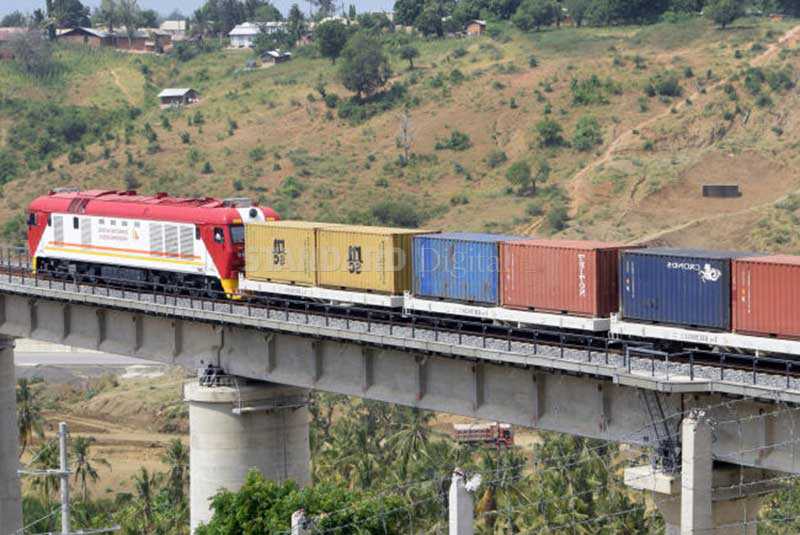×
The Standard e-Paper
Home To Bold Columnists

MOMBASA, KENYA: A private firm is expected to start handling empty containers transported by the Standard Gauge Railway (SGR), Kenya Railway (KR) has said.
This is one of the measures that KR and Kenya Ports Authority (KPA) will unveil on May 1 to streamline services at the Inland Container Deport in Embakasi (ICD-E).